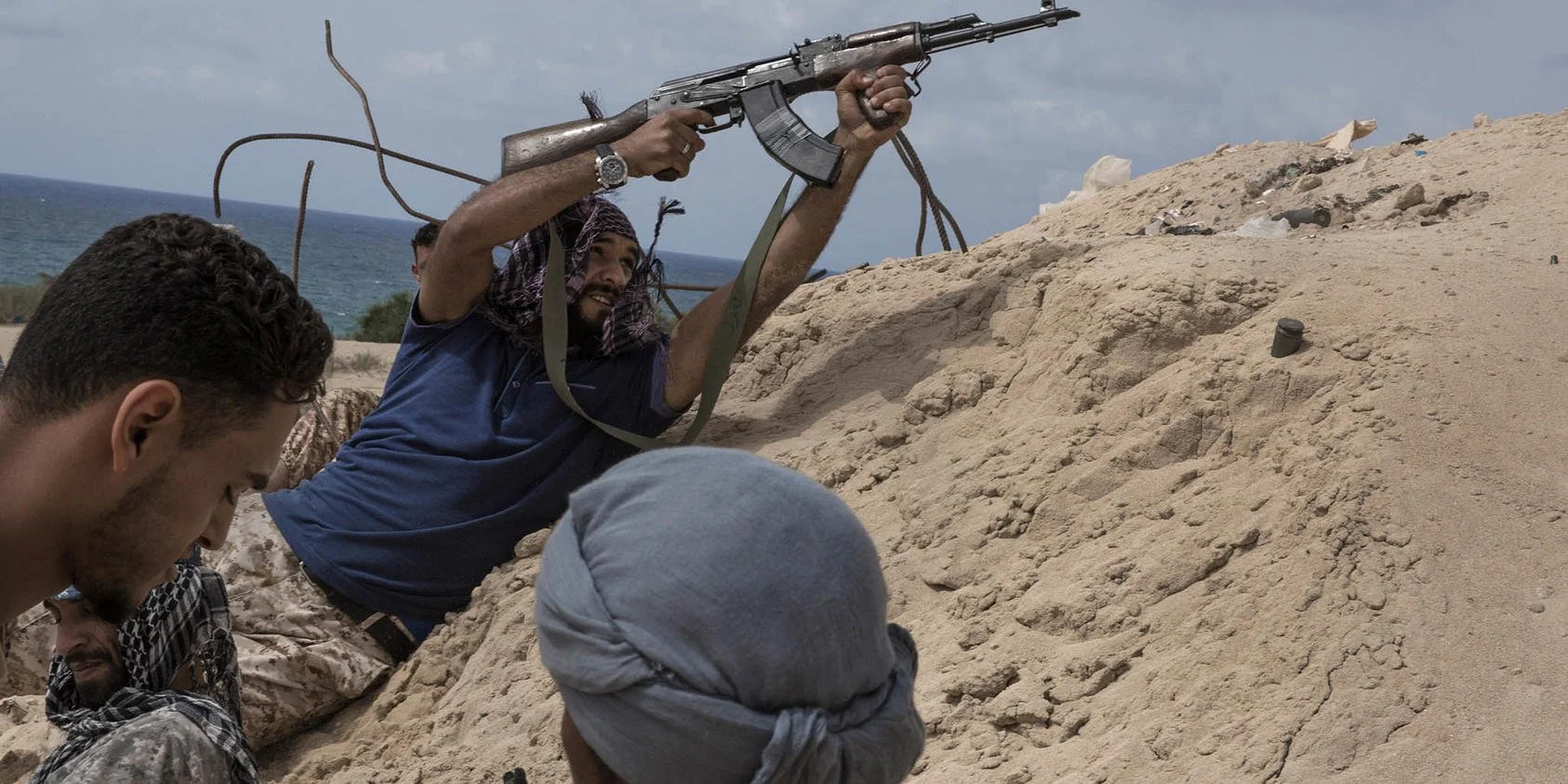On 14 June, the United States Institute of Peace (USIP) published an analysis of 'What's Next for Libya's Protracted Conflict?', written by Thomas M. Hill. Written in anticipation of the third Cairo Joint HoR-HSC Committee meetings, Hill interviewed several experts on their views of how Libya can exit its current political stalemate and find a road towards cooperation to begin meaningful negotiations. Those interviewed were Tim Eaton, senior research fellow at Chatham House; Emadeddin Badi, a non-resident senior fellow at the Atlantic Council; Jalel Harchaoui, formerly a senior fellow at the Global Initiative Against Transnational Organized Crime; and, Karim Mezran, a resident senior fellow and director of the North Africa Initiative at the Atlantic Council. Eaton assessed that no meaningful accomplishments had been made thus far in the Cairo discussions and raised concern over how further negotiations would take place if Stephanie Williams, the UN Secretary-General’s special adviser (SASG) on Libya, is to end her tenure. Mezran provided further analysis on European perspectives of conflict in Libya, namely that the French are seeking to exploit division in the country and promote themselves as key negotiators to improve France's geopolitical status and access to mineral resources, and also touched on Turkey and Algeria's interests in Libya.
You can read further analysis from all the interviewed experts here.

